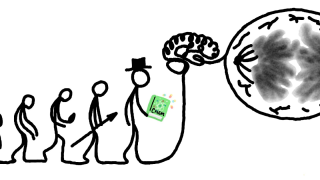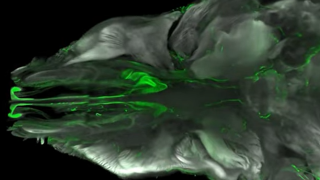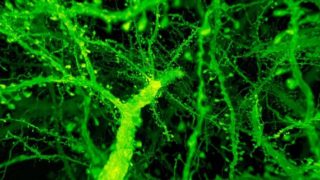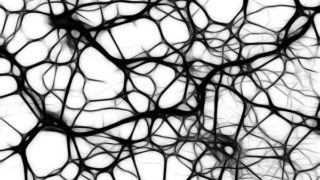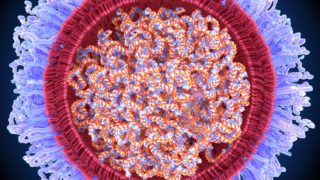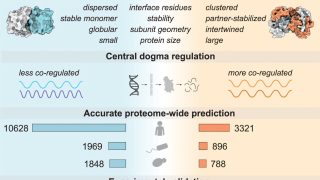
How certain proteins assemble as soon as they are synthesized
Proteins, the pillars of cellular function, often assemble into “complexes” to fulfil their functions. A new study reveals why this assembly often begins during the very process of protein synthesis or “birth.” These early interactions involve proteins whose stability depends on their association. They can be compared to a couple in which each partner supports […]
